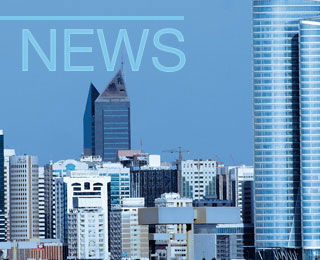The Pakistan cement industry has surplus capacity and the key factors hindering overall production capacity are rises in energy and the demand and supply mechanism, says the pre-budget document, Economic Survey 2011-12.
D. Abdul Hafeez Shaikh Federal Minister for Finance, Revenue, Economic Affairs, Statistics and Planning & Development is scheduled to present the 2012-13 Federal Budget at the National Assembly today. The cement industry is pinning its hopes on the government announcing a reduction of Federal Excise Duty (FED) and zero duty on shredded tyres from the prevailing 20%.
According to the Ministry of Finance’s Economic Survey 2011-12 released on May 31, cement capacity in Pakistan increased to 44Mt in 2011-12 from 30Mt in 2006-07 due to the establishment of new cement plants. Pakistan’s cement is being exported to Afghanistan, India, Africa, and Middle East.
To further encourage cement exporters, the Economic Survey says export is exempted from the sales tax and Federal Excise Duty (FED). However, a 16 per cent sales tax and the PKR500/t Federal Excise Duty are being charged on domestic consumption. The import of coal used as fuel for the cement plants is allowed at zero per cent customs duty and 16 per cent sales tax.
As per the governmen'ts investment policy, the import of plant machinery and equipment for the manufacturing sectors is allowed at five per cent customs duty.
Moreover, cement exports also increased by 3.5 per cent during July-April 2011-12 against the fall of 9.9 per cent during July-April 2010-11. This increase in cement export receipts is mainly the outcome of higher unit values, which increased 12.9 per cent during the period. The decline in quantum exports of cement (which witnessed a fall by 8.3 percent during the period) affected the increase in cement export receipts.
